Welcome Gisele

By Mestra Yvone Duarte
The announcement of Gisele Bündchen’s entry into the world of Jiu-Jitsu was received by many with great satisfaction, as if the glamorized world of fashion top models had finally discovered some sacred knowledge that caused the realization: how could I not have known before that Jiu-Jitsu was so effective? How did I go so long without training Brazilian Jiu-Jitsu?
Gisele, on her social networks, praised the importance of Jiu-Jitsu: “I believe the more tools we have in our toolbox the better. I feel stronger, more confidence and empowered since I started practicing self-defense. I feel it’s an important skill for all, but specially for us women”, highlighted the Bazilian top model who made a fortune as one of the highest-paid models in the world of fashion.
This statement called my attention for two reasons. The first is the fact that this is a woman who enjoys all sorts of financial privileges, such as private security guards, bodyguards, armored cars, sophisticated home alarm systems and has access to the best protection technology can buy. Yet with all of these resources available and within reach, she still didn’t feel completely safe.
The feeling of security does not come from the outside in, but from the inside out. Therein lies the potential of Jiu-Jitsu. As young people say, that’s what we’re talking about, and we’ve been talking about it for a very long time! Feeling safe is something that comes from within us in the face of external stimulus.
Instead, if we are living our daily lives feeling threatened, insecure, afraid and we do not have powerful defense tools in our arsenal to face threatening situations—whether hypothetical, or those that come to us through the media—something needs to done about this, we need something that will give us the confidence we need in order to not spend our whole lives with a brooding feeling that something terrible might happen to us.
To alleviate that terrible feeling of danger, there is nothing quite like Jiu-Jitsu. When practiced regularly, Jiu-Jitsu works wonders, and gradually replaces the feeling of unease with confidence. With consistent training, physiopsychological problems, traumas and fears are extinguished from the inside out.
Most people live out their entire lives without ever suffering any form of confrontation or physical aggression, yet they may not be totally free of suffering from phobias, fears and anxiety attacks. Some can not even leave the house by themselves, afraid something bad might happen. They tremble in front of a deserted street because of intense anxiety. These individuals end up limiting their lives because they are afraid of suffering some kind of violence. The best practice for them is still good Jiu-Jitsu! The mechanisms and tools of this art build a strong armor, both from an emotional and a physical point of view. Jiu-Jitsu develops within us a series of skills that enhance our defenses, initiatives and responses to abuse, threats and violence. Even more, Jiu-Jitsu helps in the process of autonomy, the development of one’s self-esteem and full potential, especially in the scope of the female universe.
The second reason why Gisele’s comment on social media caught my attention was her perception that Jiu-Jitsu should be practiced by everyone, especially women.
It seems to me that we have no doubt about the benefits Jiu-Jitsu offers it’s practitioners all over the world. Many of them are already listed above.
However, it is still necessary to reflect on who has had the right to learn and practice self-defense? Elsa Dorlin, a French writer, invites us to think about this question in her book “SELF-DEFENSE, A Philosophy of Violence”.
Are women doomed to always be under stress, as if our lives were constantly on the defensive?
We know that self-defense is a device for every one who wants and needs to protect themselves, especially if they have any reasonable fear that leads them to believe they may be attacked, killed or seriously injured, abused or violated. Who has the right to self-defense? Putting it another way, we could ask who has had access to self-defense techniques and tools?
World data show us that a very small portion of the population has knowledge of self-defense training and techniques. Data also shows that the number of women who are victims of violence continues to escalate.
That said, we need to be interested in understanding these tragic numbers of violence against women, debating with other who are interested in this phenomenon, and seeking effective alternatives.
We have much to collaborate, but we will only democratize self-defense and expand our knowledge if we participate more actively in women’s protection networks.
This challenge is broad, it does not choose social class, nor segments A, B, C, race, religion or color. This struggle that women are up against is currently happening right now in several countries all over the world.
We all need to reverse this situation. We cannot accept that women are killed for the simple fact of being women, for speaking up, for refusing a relationship, a partner, or a sexual act.
Providing access to Jiu-Jitsu, self-defense schools and joining efforts with other initiatives that aim to end this violence should be much more than a choice, it is a mission for all of us who train and teach Jiu-Jitsu.

Our printed magazine is full of extraordinary women with extraordinary stories, get your printed copy via mail today >


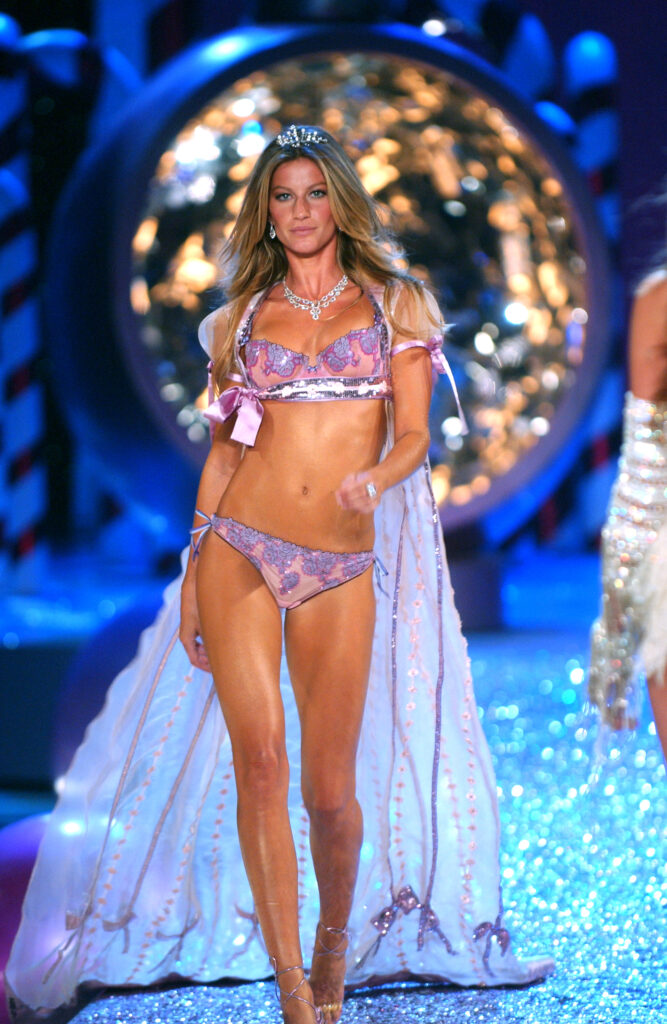
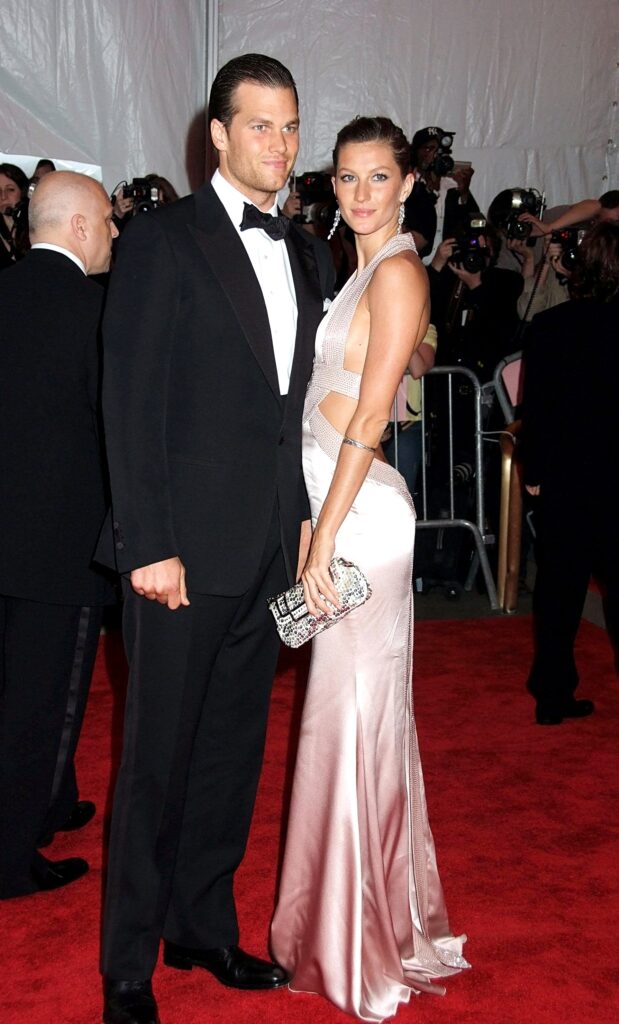
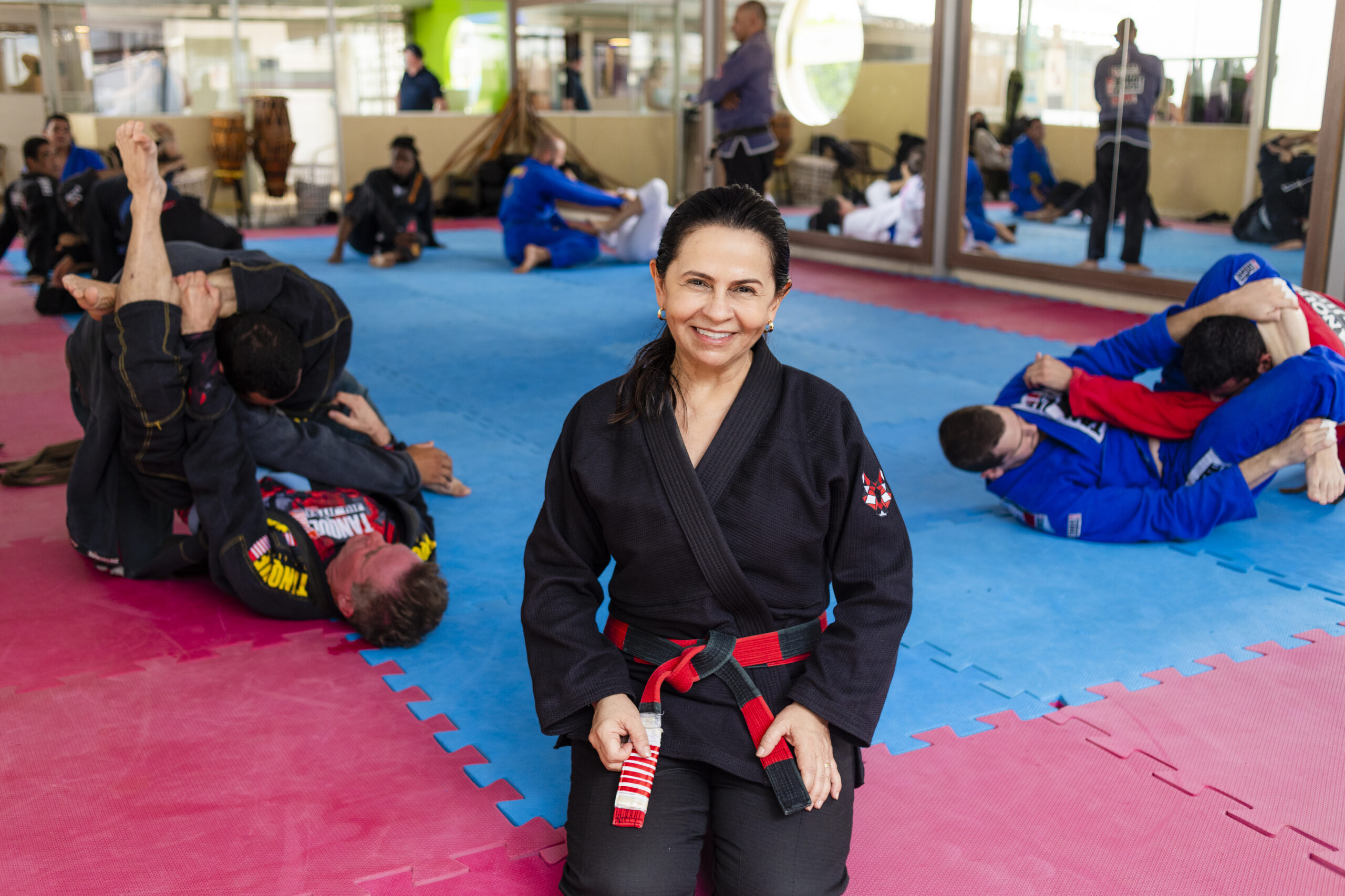
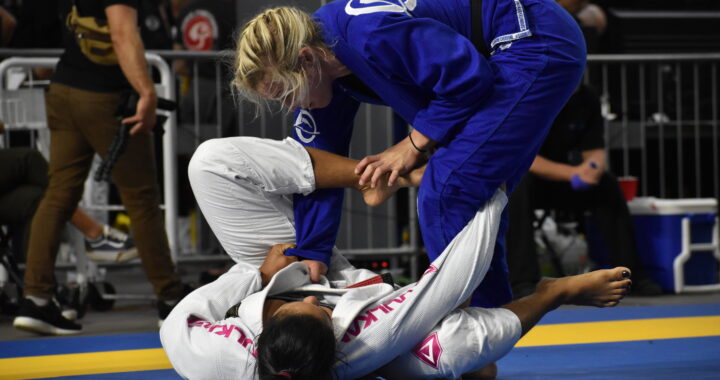 After all, what are we looking for in BJJ?
After all, what are we looking for in BJJ? 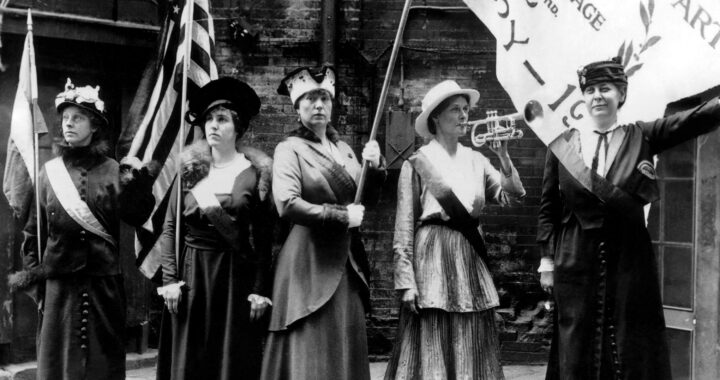 Suffragette Jiu-Jitsu
Suffragette Jiu-Jitsu 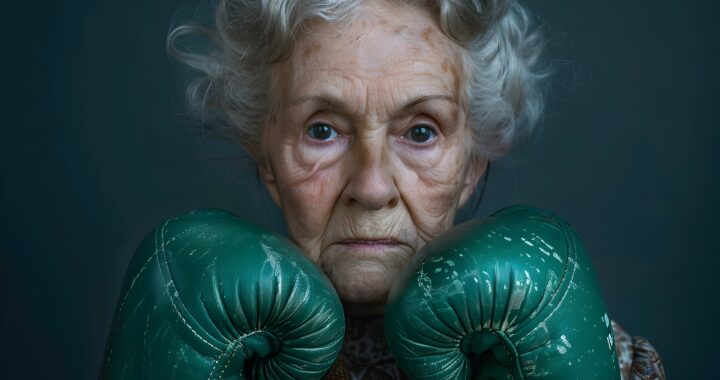 Father Time is Undefeated
Father Time is Undefeated 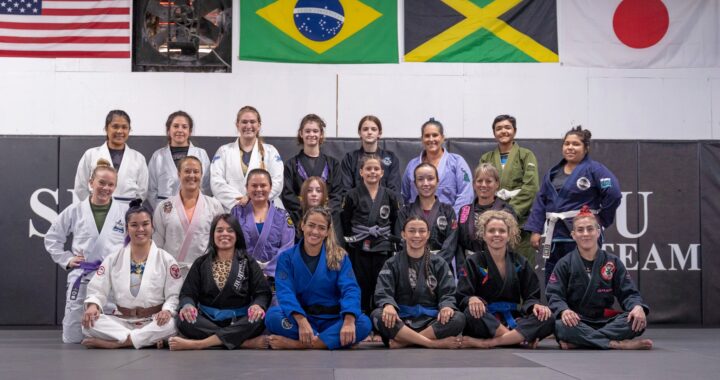 The Jiujiteira Sisterhood
The Jiujiteira Sisterhood 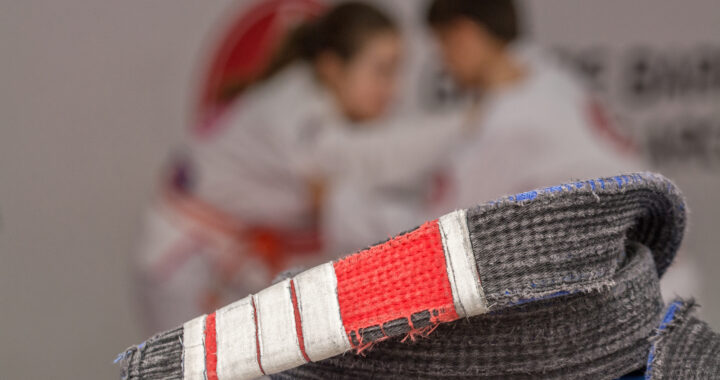 Advice in the Ranks- From White to Black
Advice in the Ranks- From White to Black  ADGS Rome: Jiujiteiras Shine in the Land of the Colosseum
ADGS Rome: Jiujiteiras Shine in the Land of the Colosseum